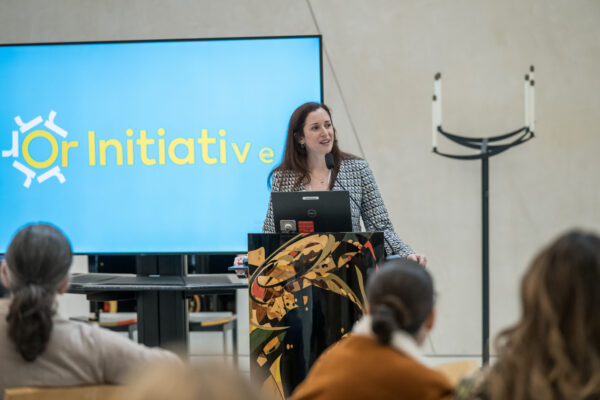Can a caring heart lead to healthier eating? According to new research co-authored by Chapman University psychology professor Julia Boehm, Ph.D., the answer is “yes.”
A study published in the American Journal of Preventive Medicine found that kids who regularly show kindness, cooperation, and other “prosocial” behaviors are more likely to eat fruits and vegetables as teenagers. And those habits can lay the foundation for a lifetime of better health.
“Behaviors such as being considerate of others’ feelings, sharing, helping if someone is hurt or upset, being kind, and volunteering to help others, can influence health by strengthening children’s social ties and improving psychological functioning by promoting better mood, purpose, feelings of competence, and enhanced capacity to cope with stress,” said Boehm. “Taken together, these benefits suggest that kindness in childhood may lay the foundation for healthier lives overall.”
The study followed thousands of children in the United Kingdom from early childhood to their late teens. Parents reported how often their child engaged in acts of kindness and cooperation at ages 5, 7, and 11. When researchers checked in again at ages 14 and 17, they found a clear connection: children who had been more consistently kind were more likely to eat more fruits and vegetables.
Lead author Farah Qureshi, Sc.D., M.H.S., of Johns Hopkins Bloomberg School of Public Health, said the findings offer a hopeful message. “Focusing on the positive qualities kids bring to their families and communities — like empathy and cooperation — could be a powerful way to encourage healthy habits,” she said.
The research was supported in part by a Chapman University Faculty Grant for Research, Scholarship and Creative Activities.
You can read the full article, “Kind Kids, Healthy Teens: Child Prosociality and Fruit and Vegetable Intake,” in the American Journal of Preventive Medicine here.




